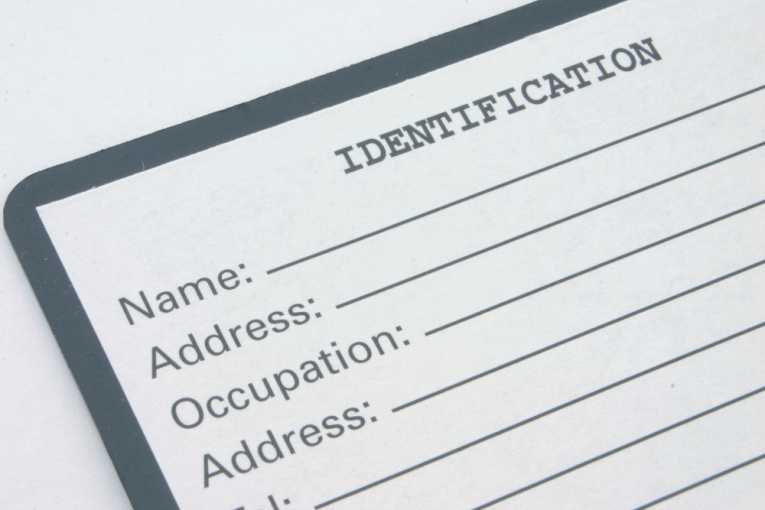A controversial Alabama immigration law is setting a dangerous precedent and could compromise what is widely considered a basic human right: access to clean water. Under the new law, which bars state and local governments from entering into business transactions with undocumented residents, water utilities are threatening to shut off or deny water service to people unable to provide proof of citizenship.
The law, commonly known as HB 56, passed the Alabama statehouse, in June, with bipartisan support. Church groups, the ACLU, and the US Department of Justice filed suit against the state to block the law. On September 26, district court judge Sharon Blackburn made the decision to toss the suit from the church group and block only certain provisions of the law under the DOJ suit, much to the chagrin of both sides. The DOJ has already filed an appeal with the 11th Circuit Court of Appeals and the state of Alabama is considering an appeal in order to reinstate the blocked provisions.
Remarkably, some water utilities have begun threatening to cut off or deny water service to individuals unable to prove citizenship in order to comply with section 30, one of the surviving provisions, which bars the state and local government from entering into 'business transactions' with undocumented residents. Allgood Water Works, which supplies water to 861 customers according to the EPA Safe Drinking Water Information System database, notified customers that their water service would be shut off if they were unable to file proper identification by September 29th.

Water supply via Shutterstock
Montgomery Water Works has begun denying water service to undocumented residents. Earlier this month the supplier denied a request for service from a Mexican immigrant for failure to provide proof of citizenship but the decision was overturned because the bill hadn't become law yet. Water utilities in Montgomery and Houston counties have begun requesting proof of citizenship from those requesting water services.
The law sets a dangerous precedent, in that it allows the government to deny basic services to undocumented residents. This potentially puts lives in peril, and seems to run contrary to the widespread belief that water is a human right, as the UN General Assembly recently declared and made a binding component of international law. The US has not followed suit, but some states are looking at ratifying such a declaration.
California, which was the subject of a recent UN report on lack of clean water access, is pondering AB 685, which would establish clean water as a basic human right. The state has a large population of immigrants and undocumented workers, many of whom lack access to clean water due in large part to poor water quality. The UN report found that poor water quality problems, particularly in the Central Valley, forced some residents, who are mostly poor, to spend upwards of 20% of their income on purchasing bottled water for drinking, washing, and cooking.
Though the case against HB 56 is far from settled, the fact is that it is the law of the land until the pending cases work their way through the courts. On October 5, a request by the US DOJ to suspend the implementation of the law until the court cases are settled was rejected. In the meantime, the undocumented immigrant population in Alabama, estimated to have grown from 5,000 in 1990 to 130,000 in 2010, faces the real risk of losing or being denied access to clean water, which is nothing short of a humanitarian crisis.










